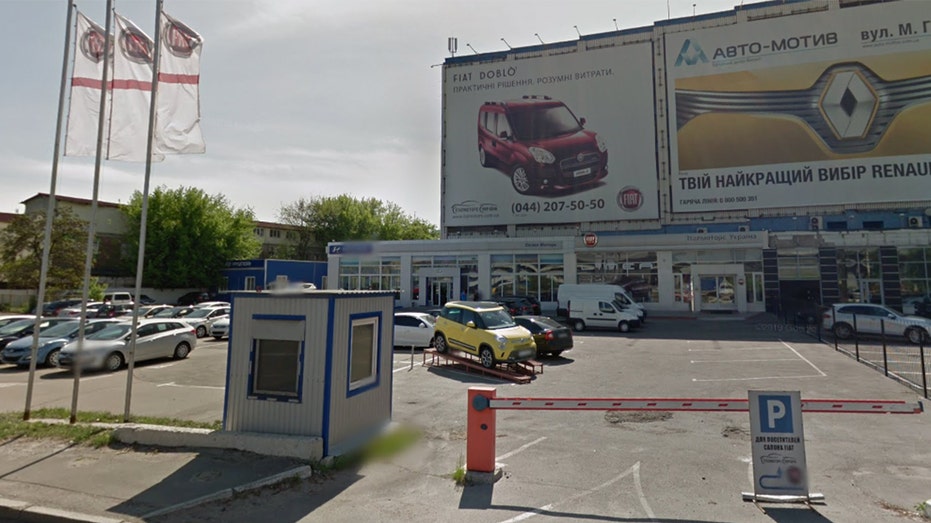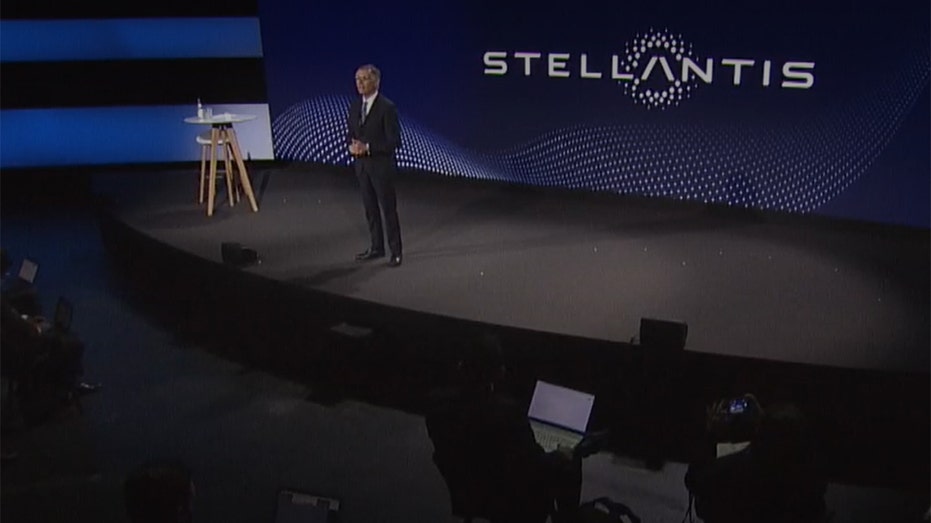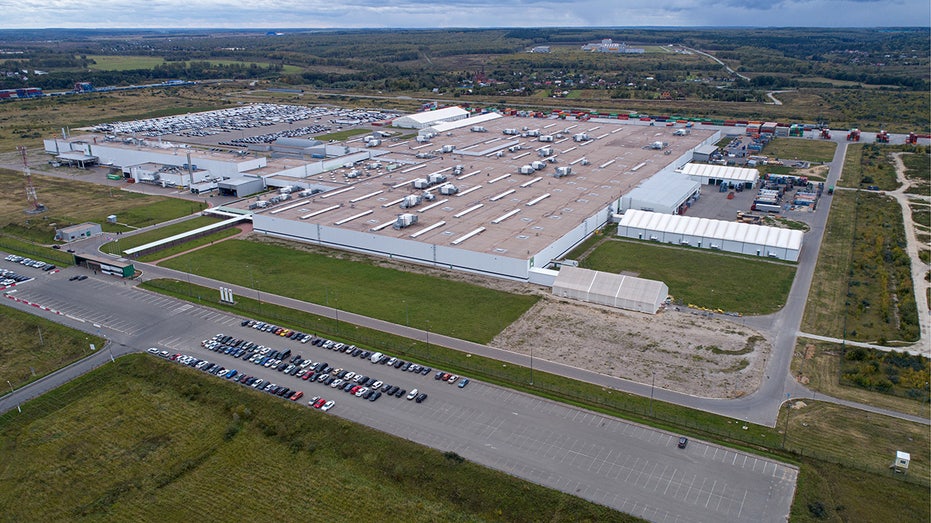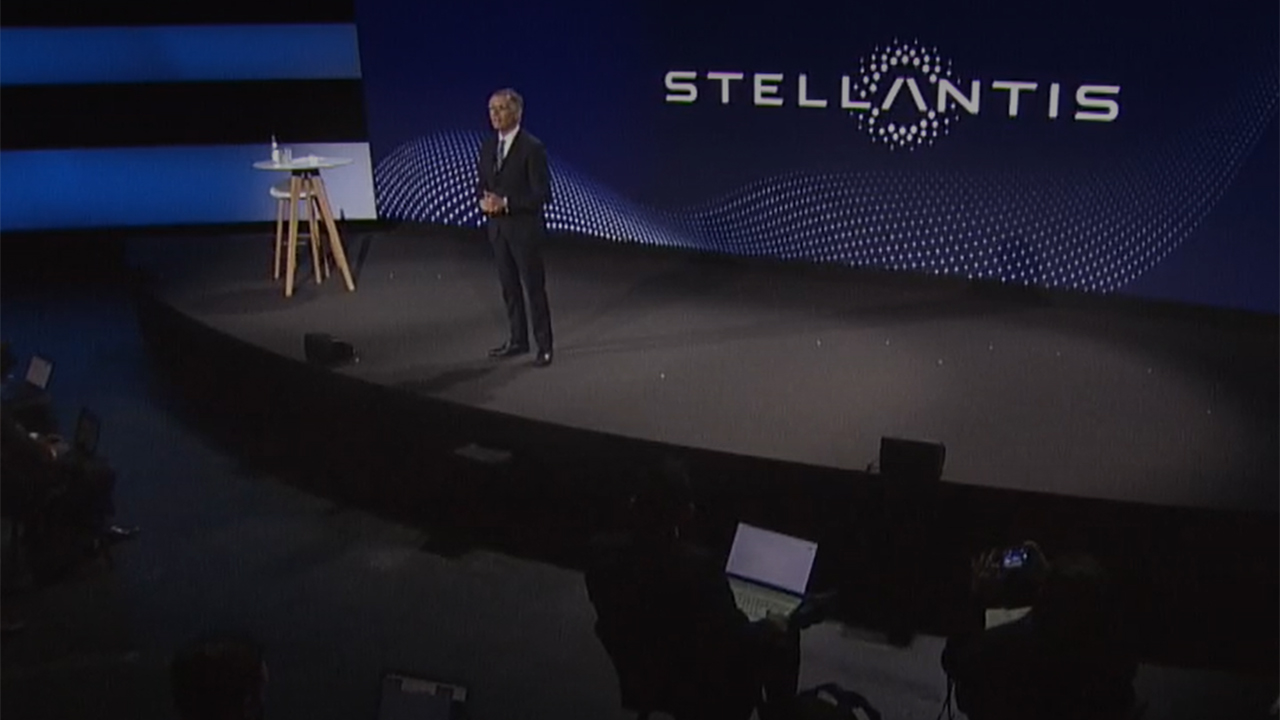Stellantis is donating $1.1 million to Ukrainian refugees, but not suspending Russian operations yet
Automaker has a factory in Russia
Automaker Stellantis is donating $1.1 million (one million Euros) to help Ukrainian refugees and those displaced by the Russian invasion of the country.

Several of Stellantis' brands, including Fiat, sell cars in Ukraine. (Google Street View)
"Stellantis condemns violence and aggression and, in this time of unprecedented pain, our priority is the health and safety of our Ukrainian employees and families," Stellantis CEO Carlos Tavares said.
"An aggression that shook a world order, already unsettled by uncertainty, has been launched. The Stellantis community, made of 170 nationalities, looks with dismay as civilians flee the country. Even if the scale of causalities is not yet apparent, the human toll will be unbearable."

Stellantis CEO Carlos Tavares said the company would comply with all sanctions. (Stellantis)
During the automaker's presentation on its long-term strategic outlook on Tuesday, Tavares said the company has 71 employees in Ukraine and was working to support them, although it hadn't been able to reach three at that time.
Stellantis -- parent company of Jeep, Ram, Dodge and Chrysler -- also sells vehicles in Russia and operates a joint venture factory in Kaluga with Mitsubishi that is currently continuing operations, although Mitsubishi said on Tuesday that it may halt production at the factory at some point.

Stellantis and Mitsubishi operate a joint venture factory in Kaluga, Russia. (Sergei BobylevTASS via Getty Images)
"Whatever the business consequence, Stellantis will apply all of the sanctions decided," Tavares said. "We will always be compliant, global and diverse."
GET FOX BUSINESS ON THE GO BY CLICKING HERE
Several automakers, including Ford and General Motors, have announced the unilateral suspension of their operations in Russia, while Renault, which accounts for approximately 40% of car manufacturing output in the country, has so far only cut back some production due to supply chain constraints.




















